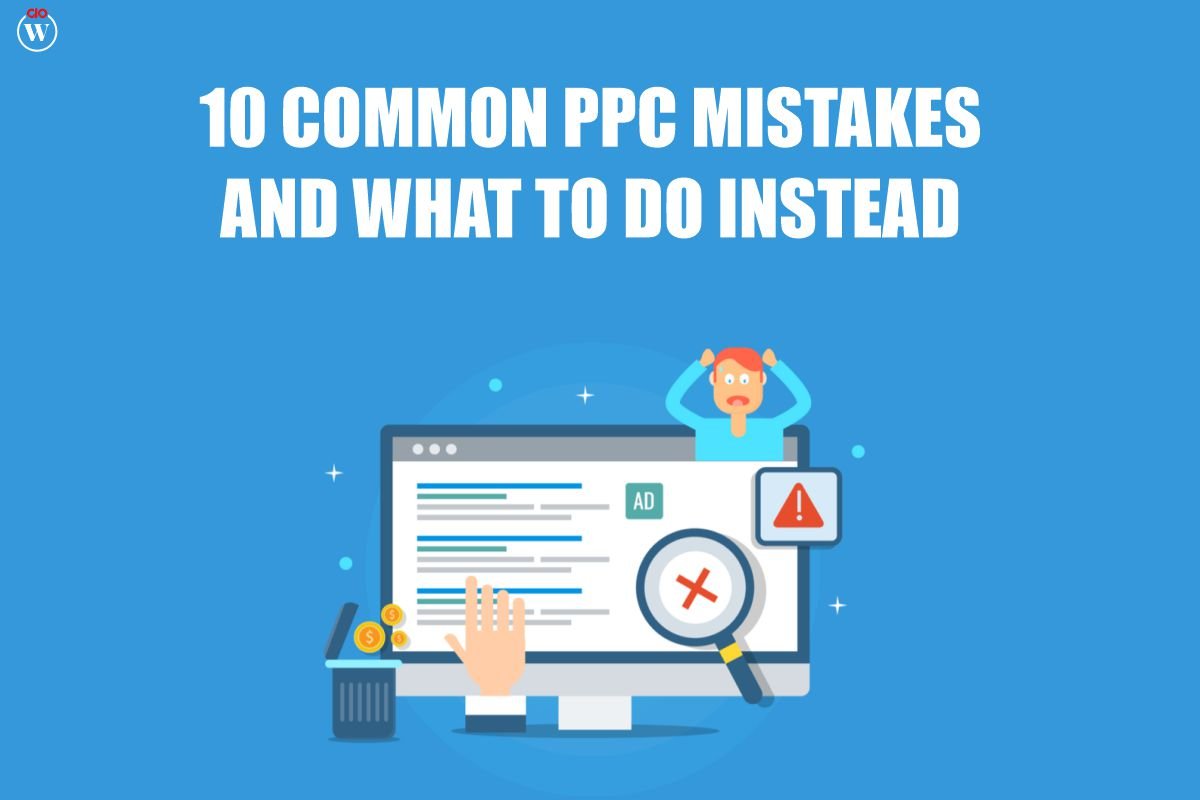Business and spiritual integration often go hand-in-hand. In the fast-paced world of business, an evolving paradigm is reshaping the corporate landscape – the integration of business and spiritual principles. This transformative synergy goes beyond profit margins, embracing a holistic approach that prioritizes purpose, mindfulness, and the well-being of both individuals and organizations. In this exploration, we delve into the intersection of business and spiritual integration, uncovering the profound connection that exists between these seemingly disparate realms.
Understanding the Intersection of Business and Spiritual Integration
The business and spiritual integration signifies a conscious effort to harmonize profit-driven objectives with values that transcend the material realm. It’s about recognizing the interconnectedness of business practices and the well-being of individuals, fostering a culture where purpose and meaning play pivotal roles.
Mindfulness and Meditation: Cornerstones of Well-Being and Performance
At the heart of the business and spiritual integration lies the incorporation of mindfulness and meditation practices into the fabric of corporate life. By nurturing a workplace culture that encourages these practices, businesses tap into a reservoir of benefits that extend far beyond the bottom line.
Mindfulness in the workplace involves cultivating a heightened awareness of the present moment. Employees trained in mindfulness techniques exhibit increased focus, reduced stress levels, and enhanced emotional intelligence. This, in turn, contributes to a more positive and collaborative work environment.
Meditation, as a complement to mindfulness, provides a space for mental rejuvenation. Offering employees dedicated time for meditation fosters clarity, resilience, and a heightened capacity for decision-making. The cumulative effect is a workforce that operates from a place of centeredness, positively influencing individual and collective performance.
Fostering a Purpose-Driven Corporate Culture
To truly integrate business and spiritual integration, fostering a purpose-driven culture is paramount. This involves aligning organizational objectives with a broader sense of meaning that transcends mere financial success. Strategies for achieving this holistic cultural shift include:
1. Clearly Defined Core Values:
- Articulating and prioritizing core values that reflect the company’s commitment to social responsibility, ethical practices, and employee well-being.
- Embedding these values into everyday decision-making processes and organizational policies.
2. Empowering Employee Engagement:

- Encouraging employees to connect with the broader purpose of the organization.
- Providing opportunities for team members to contribute to social or environmental initiatives aligned with the company’s mission.
3. Leadership Exemplification:
- Leaders setting an example by embodying the values and purpose of the organization.
- Transparent and authentic communication about the company’s mission and the positive impact it seeks to make.
4. Balancing Profit with Purpose:
- Acknowledging that financial success and purpose are not mutually exclusive.
- Developing strategies that align profit-making with positive contributions to society and the environment.
5. Continuous Learning and Growth:
- Prioritizing employee development programs that go beyond professional skills.
- Emphasizing personal and spiritual growth through workshops, retreats, and educational opportunities.
The essence of fostering a purpose-driven corporate culture lies in creating an environment where employees find fulfillment in their work, understanding how their contributions align with a higher purpose.
Spiritual Integration for Entrepreneurs: A Necessity, Not a Luxury
Entrepreneurs, often the architects of their ventures, stand to gain significantly from incorporating spiritual practices into their professional lives. The entrepreneurial journey, fraught with challenges and uncertainties, can benefit from the grounding elements that spiritual integration provides.
1. Navigating Uncertainty with Resilience:
- Spiritual practices offer entrepreneurs tools for navigating uncertainty with resilience.
- Mindfulness and meditation empower them to remain focused amid challenges, fostering adaptability and innovative problem-solving.
Also read: Meditation Retreats: A Transformative Experience
2. Aligning Vision with Values:

- Entrepreneurs who integrate spiritual principles ensure that their vision aligns with deeply held values.
- This alignment fosters a sense of authenticity that resonates with both internal teams and external stakeholders.
3. Enhancing Decision-Making:
- Spiritual practices contribute to enhanced decision-making by promoting clarity and intuition.
- Entrepreneurs who operate from a centered, mindful state are more likely to make decisions aligned with their long-term goals and values.
4. Building Sustainable Ventures:
- Entrepreneurs with a focus on business and spiritual integration often prioritize sustainable business practices.
- This approach not only contributes to environmental and social well-being but also positions the venture for long-term success in an increasingly conscious consumer market.
Fostering Creativity and Innovation Through Spiritual Practices
The entrepreneurial spirit thrives on creativity and innovation. Spiritual practices can act as catalysts, unlocking a reservoir of creative potential within individuals and organizations.
1. Connecting with Inner Creativity:
- Spiritual practices provide a space for individuals to connect with their inner creativity.
- Meditation, in particular, allows for a quieting of the mind, creating a fertile ground for innovative ideas to emerge.
2. Breaking Mental Barriers:
- Mindfulness practices assist in breaking down mental barriers and limiting beliefs.
- Entrepreneurs who engage in these practices often find themselves more open to unconventional ideas and solutions.
3. Enhancing Collaborative Creativity:

- Spiritual integration fosters a sense of interconnectedness and empathy among team members.
- Collaboration becomes more dynamic, with diverse perspectives contributing to a richer creative process.
4. Tapping into Intuition:
- Spiritual practices emphasize tuning into one’s intuition.
- Entrepreneurs who trust their intuition are more likely to take calculated risks and pursue innovative paths that may go against conventional wisdom.
Conclusion
In the synthesis of business and spiritual integration, we witness a harmonious symbiosis that transcends traditional paradigms. The repetitive and conscious intertwining of business practices with spiritual principles lays the foundation for a transformative culture—one that prioritizes purpose, well-being, and innovation.
This integration, aptly described as a symbiosis, goes beyond mere coexistence. It represents a conscious effort to recognize the interconnectedness of profit and purpose, individual well-being and organizational success, and innovation and spiritual grounding. As businesses increasingly recognize the intrinsic value of this symbiosis, a paradigm shift unfolds—one where the pursuit of profit becomes inseparable from a deeper commitment to values, mindfulness, and the collective journey towards a purpose-driven future.








